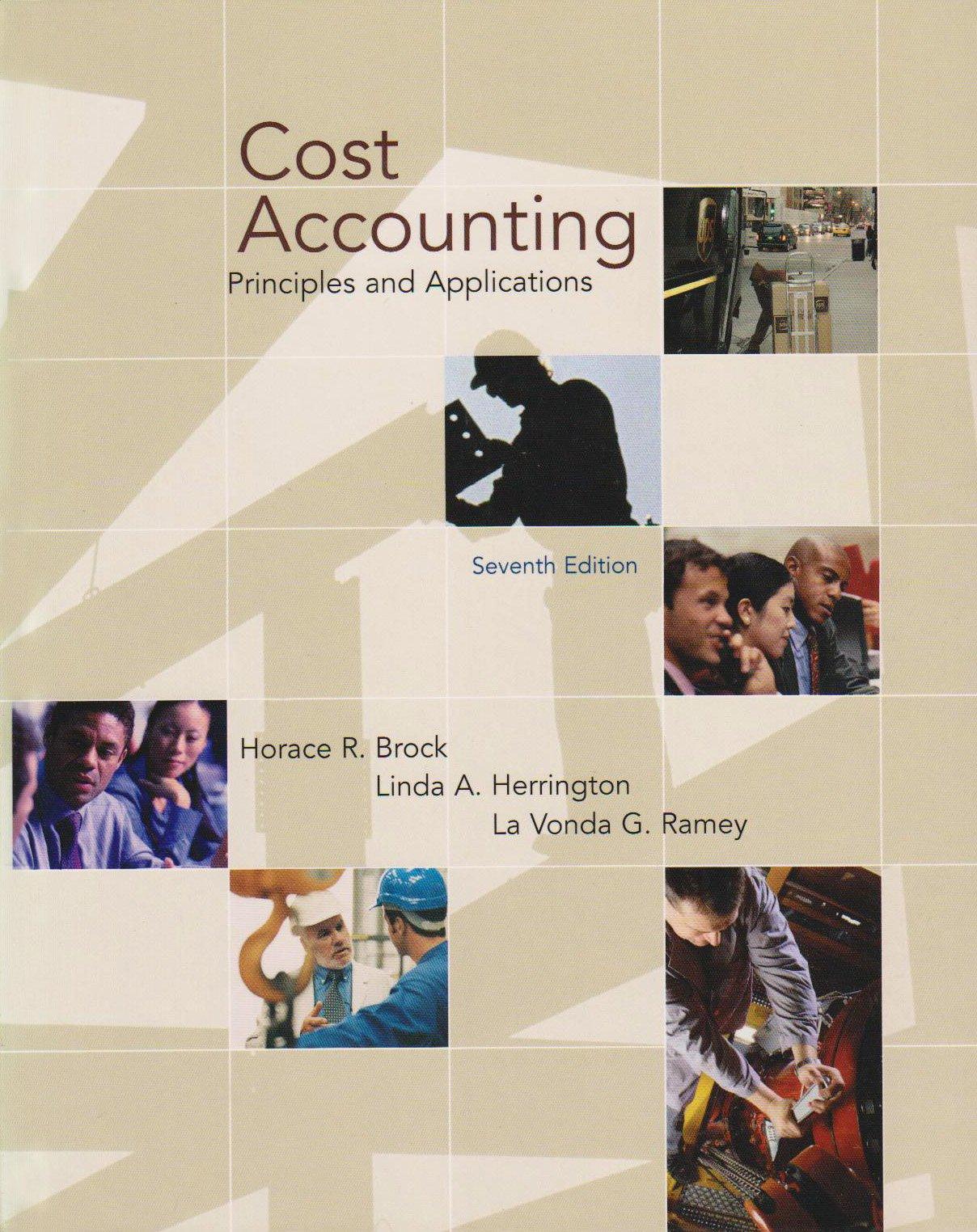I am not sure where to even begin on Problem 47. I had to start this week of classes late due to a death in my family so I am lost and running out of time. Any help would be appreciated. 
Misty Mills Federal Taxation II - 2 Week 10 Individual Work 2 Problem 37 Kold Services Corporation estimates that its 2014 taxable income will be $500,000. Thus, it is subject to a flat 34% income tax rate and incurs a $170,000 liability. For each of the following independent cases, compute Kold's 2014 minimum quarterly estimated tax payments that will avoid an underpayment penalty. a. For 2013, taxable income was ($200,000). Kold carried back all of this loss to prior years and exhausted the entire net operating loss in creating a zero 2013 liability. b. For 2013, taxable income was $450,000, and tax liability was $153,000. c. For 2012, taxable income was $2 million, and tax liability was $680,000. For 2013, taxable income was $400,000, and tax liability was $136,000. d. Problem 38 The Leake Company, owned equally by Jacquie (chair of the board of directors) and Jeff (company president) is in very difficult financial straits. Last month, Jeff used the $300,000 withheld from employee paychecks for Federal payroll and income taxes to pay a creditor who threatened to cut off all supplies. To keep the company afloat, Jeff used these government funds willfully for the operations of the business, but even that effort was not enough. The company missed the next two payrolls, and today other creditors took action to shut down Leake altogether. How much will the IRS assess in taxes and penalties in this matter and from whom? How can you as a tax professional best offer service to Jacquie, Jeff, and Leake? Address these matters in a memo for the tax research file. Problem 45 Discuss which penalties, if any, might be imposed on the tax adviser in each of the following independent circumstances. In this regard, assume that the tax adviser: a. Suggested to the client various means for which to acquire excludible income. b. Suggested to the client various means by which to conceal cash receipts from gross income. c. Suggested to the client means by which to improve her cash flow by delaying for six months or more the deposit of the employees' share of Federal employment taxes. d. Failed, because of pressing time conflicts, to conduct the usual review of the client's tax return. The IRS later discovered that the return included fraudulent data. e. Failed, because of pressing time conflicts, to conduct the usual review of the client's tax return. The IRS later discovered a mathematical error in the computation of the personal exemption. Problem 46 Compute the preparer penalty the IRS could assess on Gerry in each of the following independent cases. a. On March 21, the copy machine was not working, so Gerry gave original returns to her 20 clients that day without providing any duplicates for them. Copies for Gerry's files and for use in preparing state tax returns had been made on March 20. b. Because Gerry extended her vacation a few days, she missed the Annual Tax Update seminar that she usually attends. As a result, she was unaware that Congress had changed a law affecting limited partnerships. The change affected the transactions of 25 of Gerry's clients, all of whom understated their tax as a result. c. Gerry heard that the IRS was increasing its audits of corporations that hold assets in foreign trust. As a result, Gerry instructed the intern who prepared the initial drafts of the returns for five corporate clients to leave blank the question about such trusts. Not wanting to lose his position, the intern, a senior accounting major at State University, complied with Gerry's instructions. Problem 47 You are the chair of the Ethics Committee of your state's CPA Licensing Commission. Interpret controlling AICPA authority in addressing the following assertions by your membership. a. When a CPA has reasonable grounds for not answering an applicable question on a client's return, a brief explanation of the reason for the omission should not be provided, because it would flag the return for audit by the IRS. b. If a CPA discovers during an IRS audit that the client has a material error on the return under examination, he should immediately withdraw from the engagement. c. If the client tells you that she paid $500 for office supplies but lost the receipt, you should deduct an add amount on her return (e.g., $499), because an even amount (i.e., $500) would indicate to the IRS that her deduction was based on an estimate. d. If a CPA knows that the client has a material error on a prior year's return, he should not, without the client's consent, disclose the error to the IRS. e. If a CPA's client will not correct a material error on a prior year's return, the CPA should not prepare the current year's return for the client







